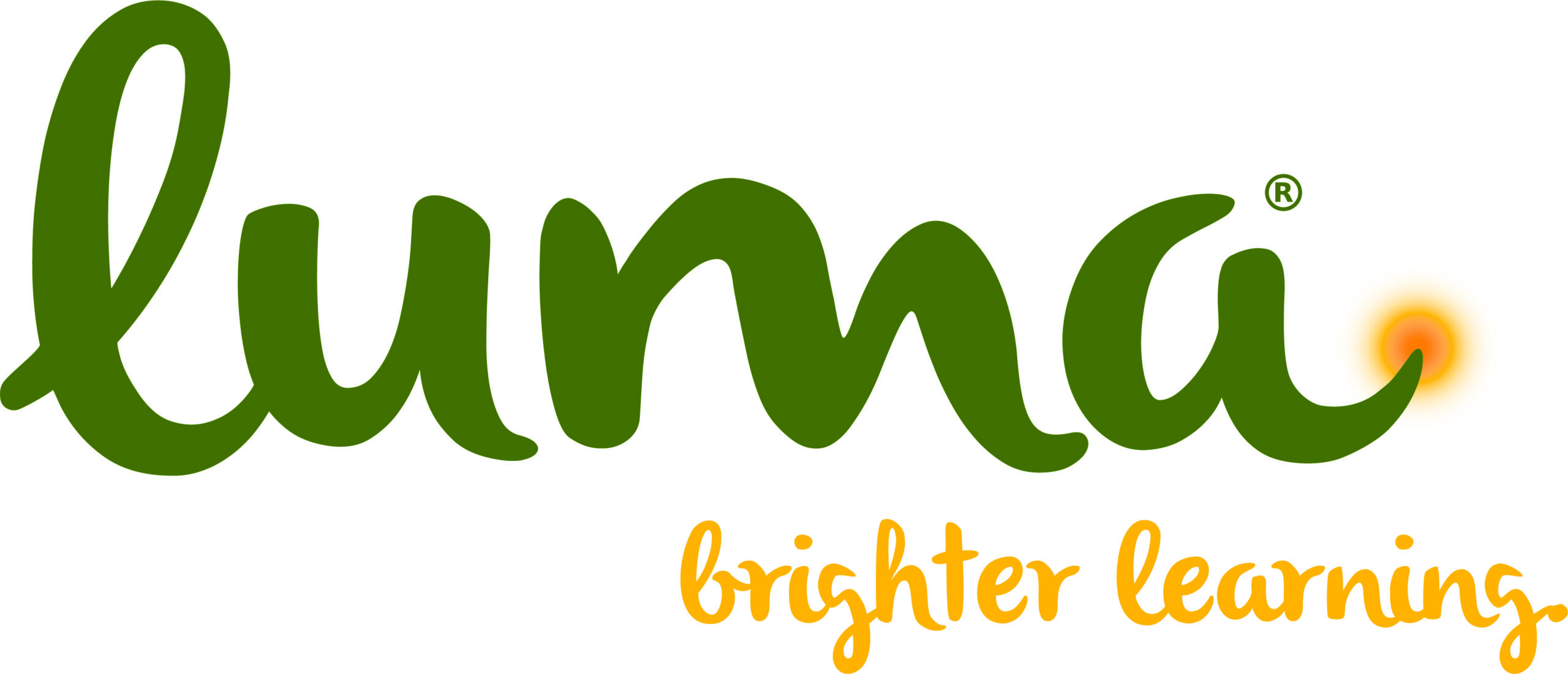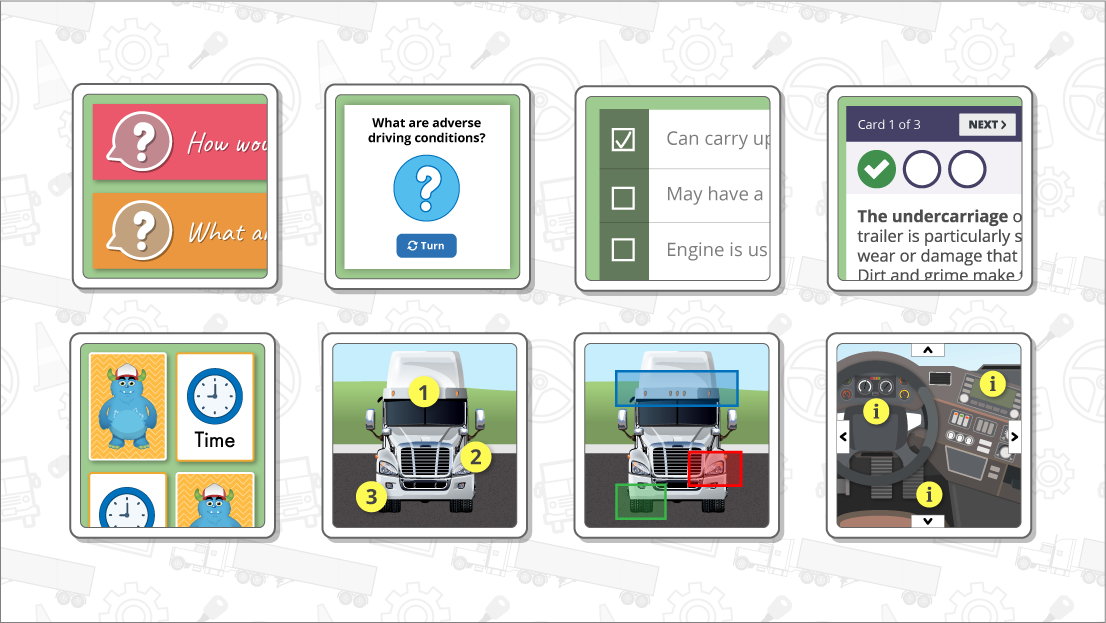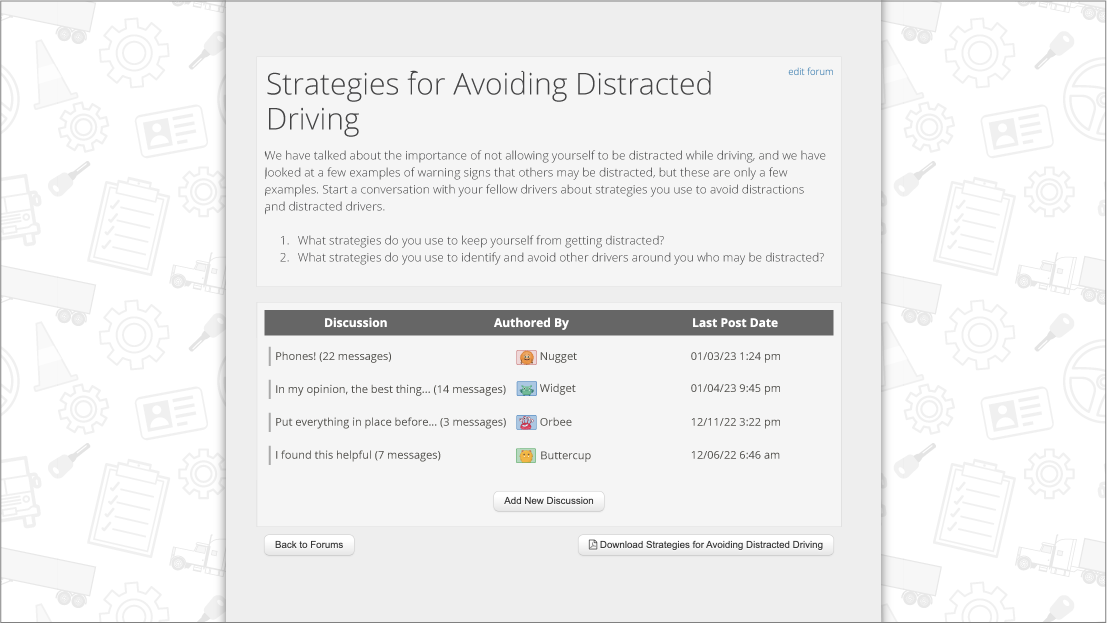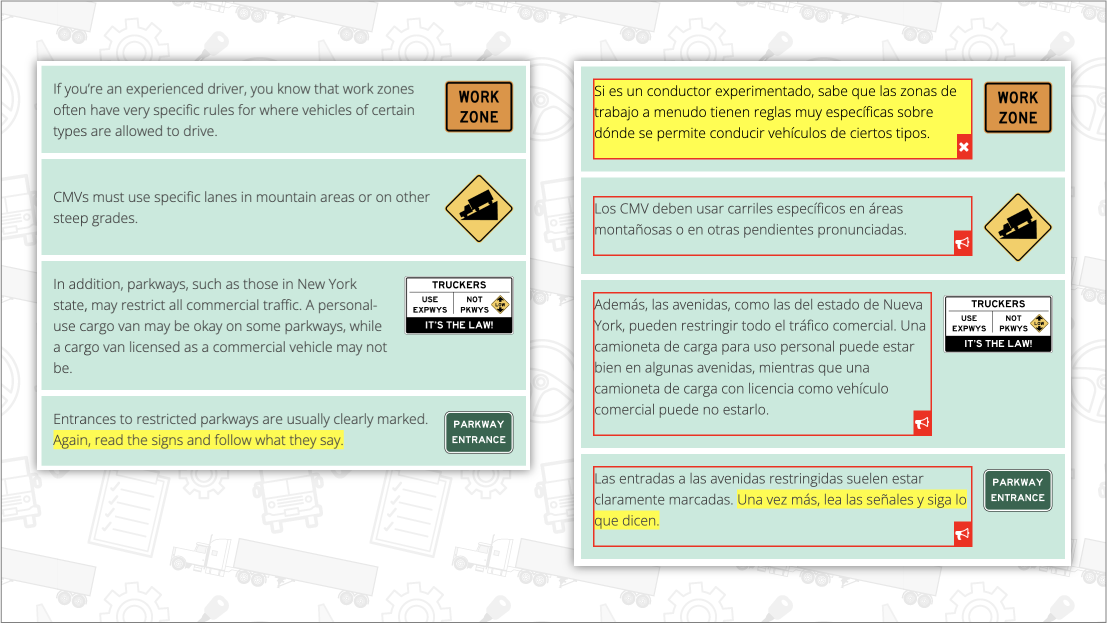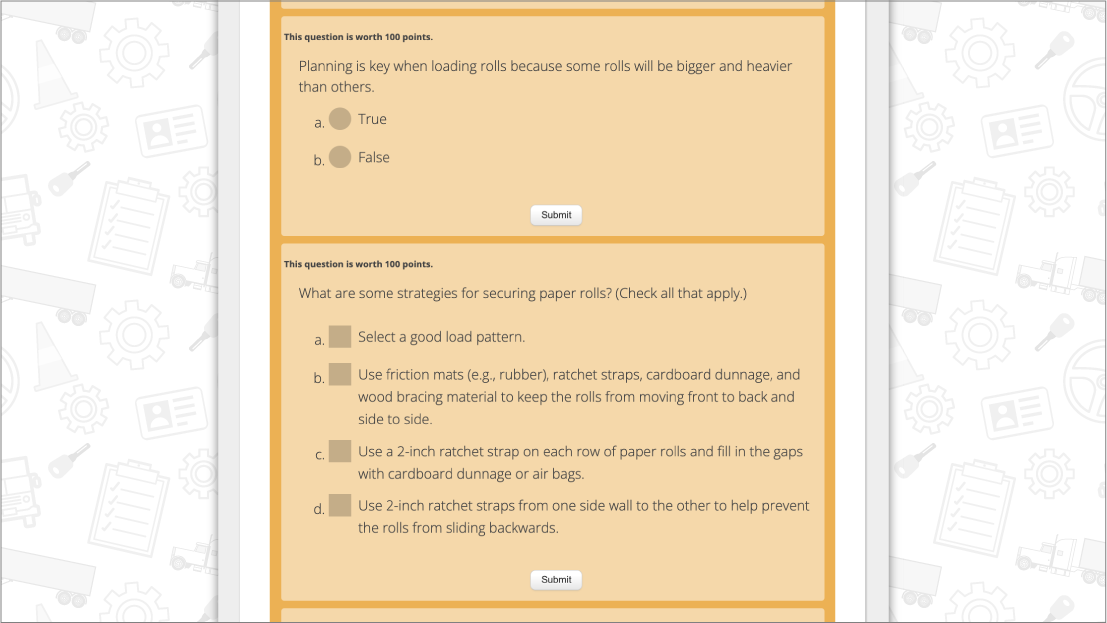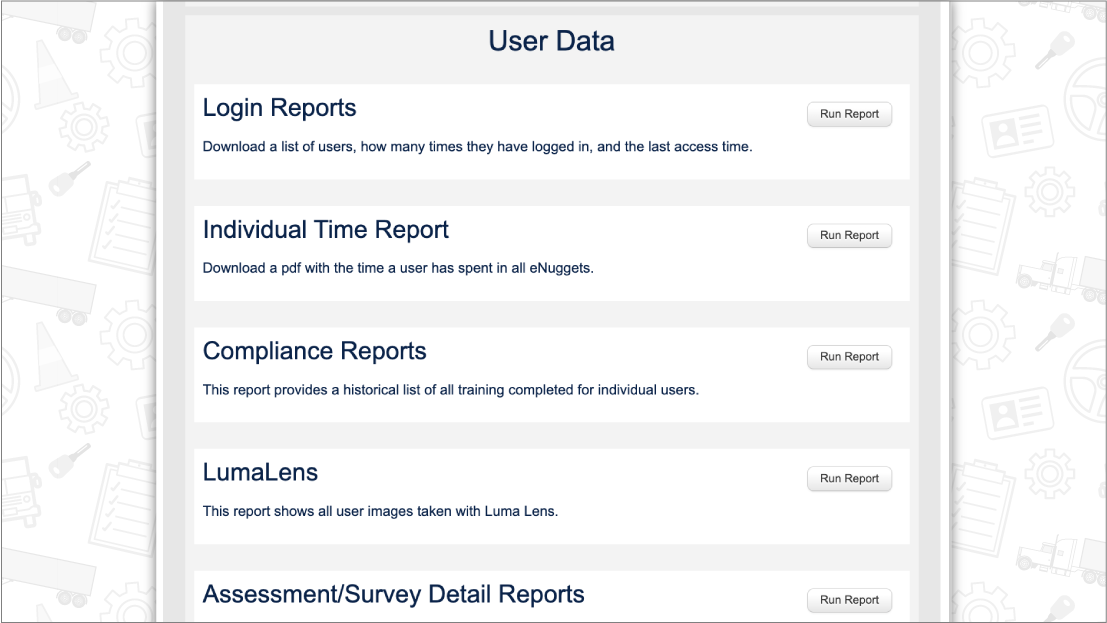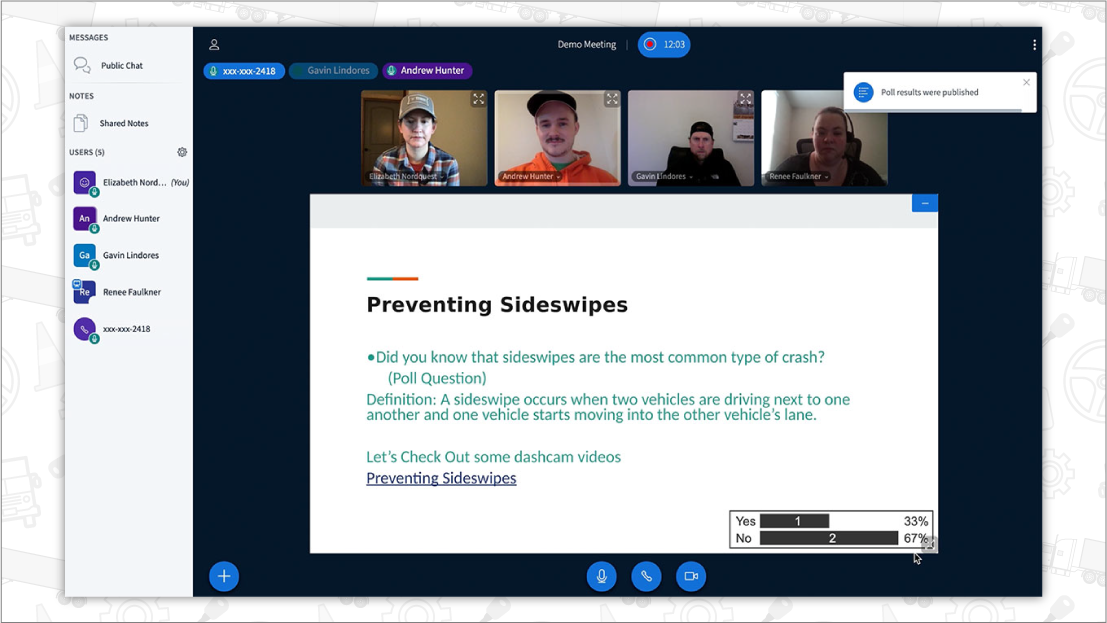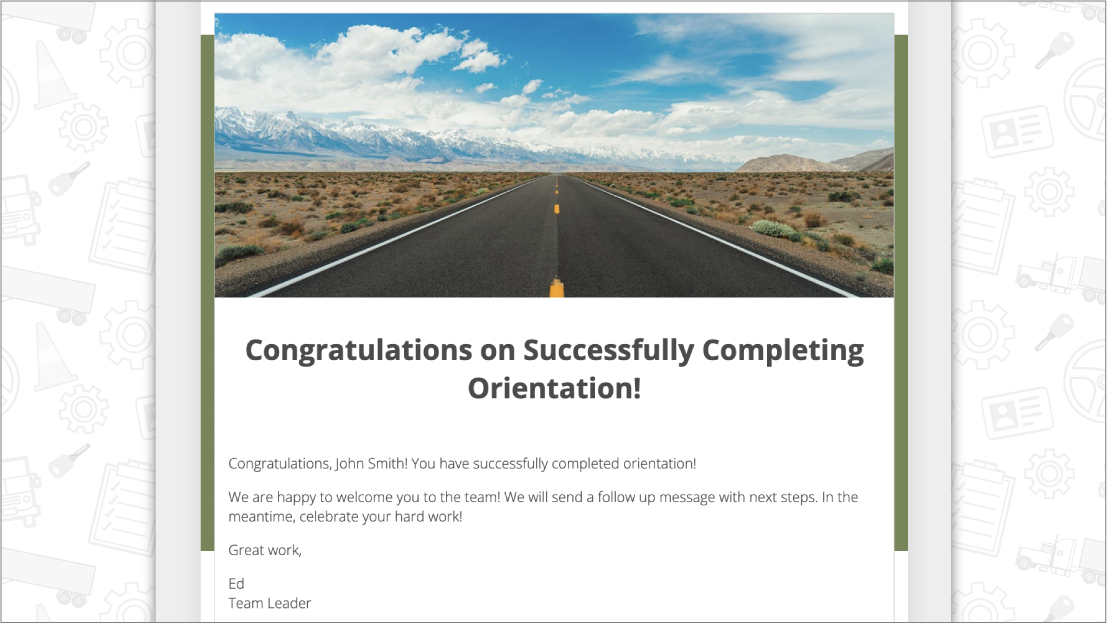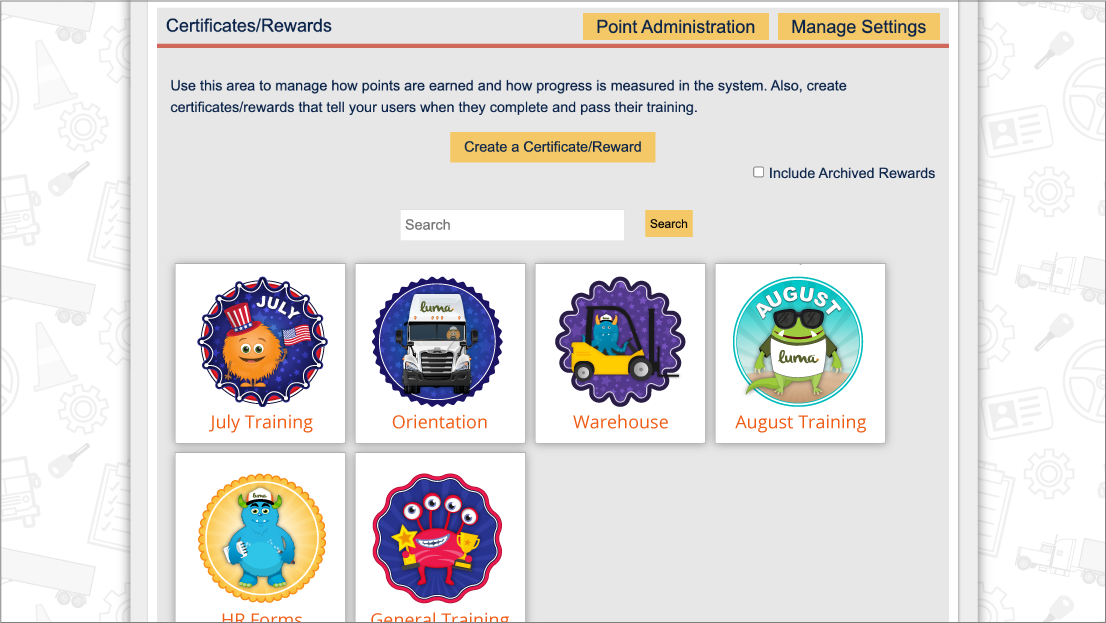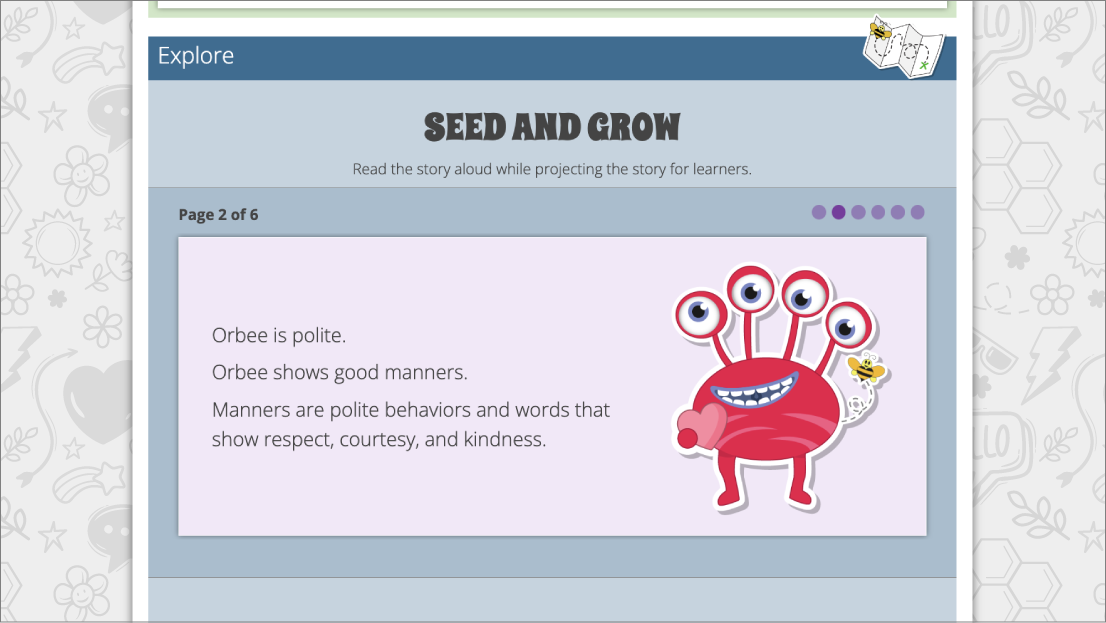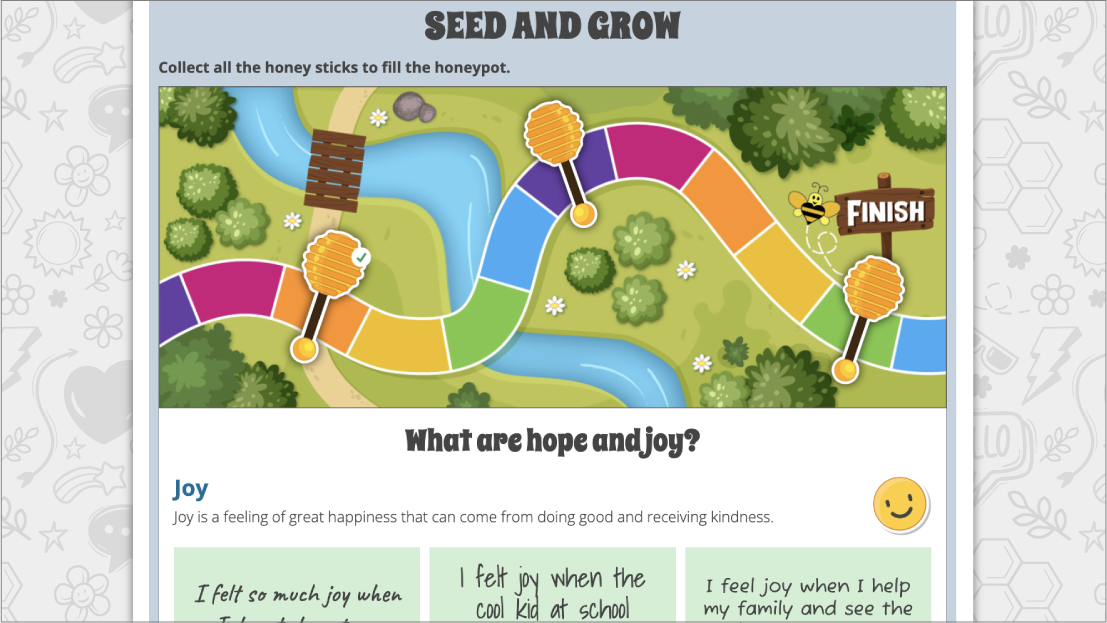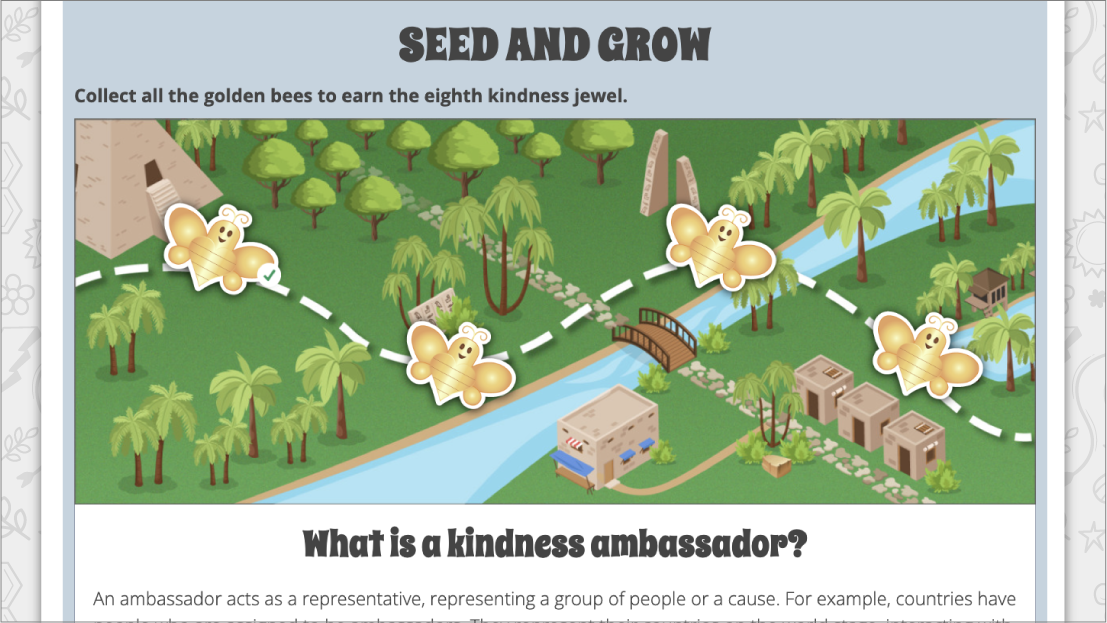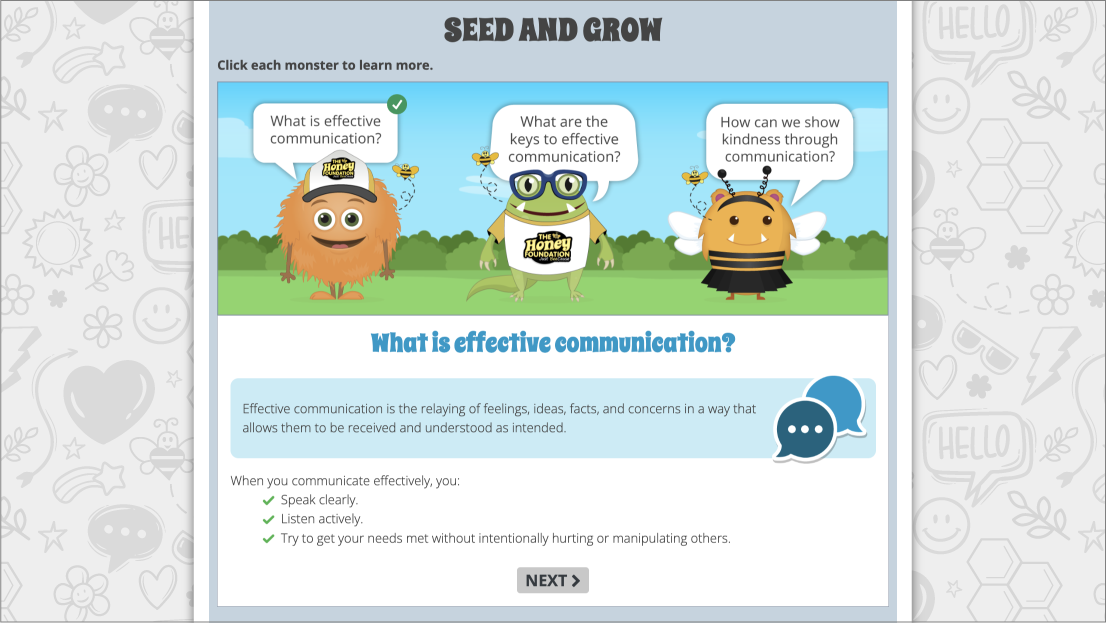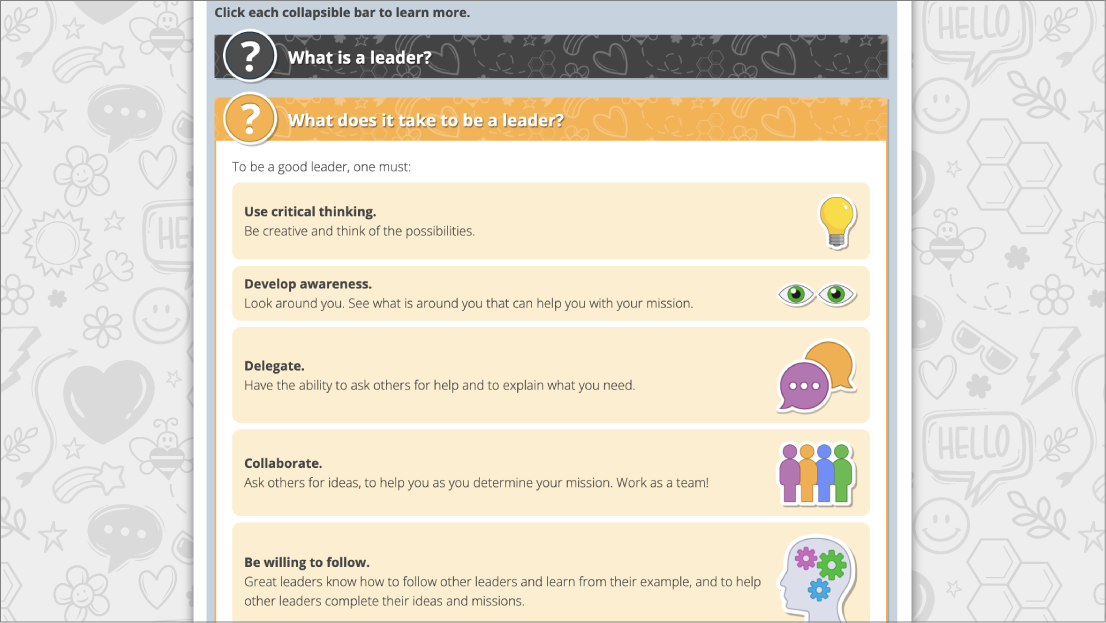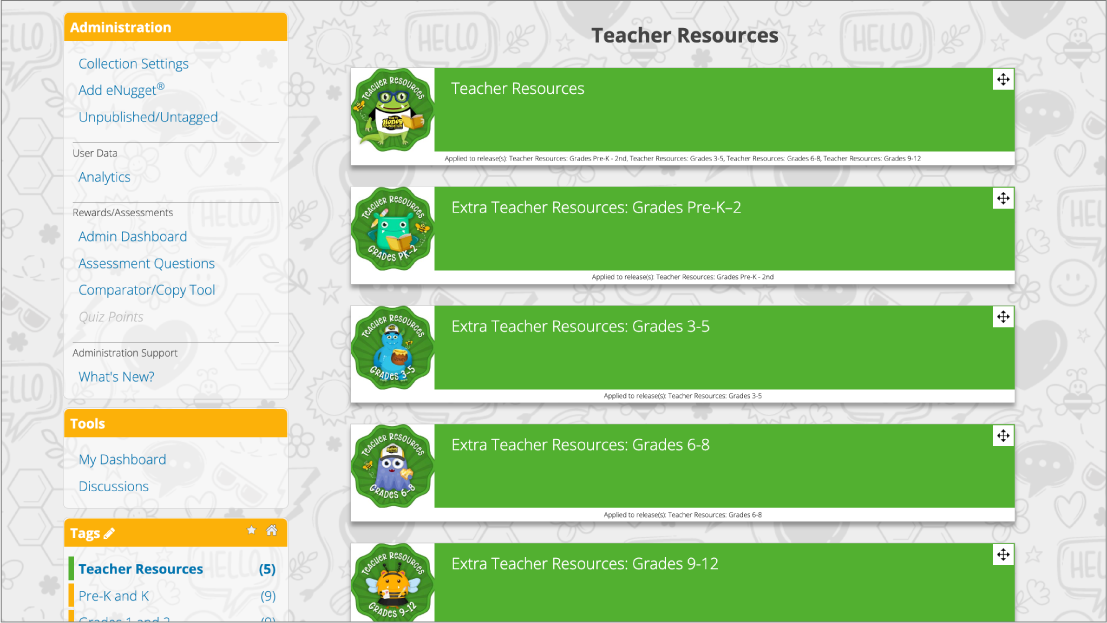
Personal Productivity
In this fast-paced world, it seems like there is more to do than hours to do it. Meeting tight schedules, attending meetings, demands from family and friends. This learning strategy focused for drivers on how to free up some time and improve your overall productivity, despite the challenges you face.
 Have your heard? Our Learning Lessons have been collected into a book available for purchase on Amazon.com! Teaching Without A Teaching Degree: Luma Learning Lessons contains 52 lesson plans and worksheets with 106 different teaching strategies designed for the trucking industry that can easily be adapted to suit any age and content topic.
Have your heard? Our Learning Lessons have been collected into a book available for purchase on Amazon.com! Teaching Without A Teaching Degree: Luma Learning Lessons contains 52 lesson plans and worksheets with 106 different teaching strategies designed for the trucking industry that can easily be adapted to suit any age and content topic.Our free Luma Learning Lessons include objectives, estimated time, materials and instructional procedures for classroom and online/blended teaching. We will provide strategies on how to use our new LumaLive technology to collaborate virtually in real-time. We include these pillars from our learning research to illustrate where they are infused in our lessons.
Objectives
|
|
Estimated Time60 minutes |
|
Materials
|
| 1. | This lesson is meant for drivers, but can be adapted for any person. Feel free to use the PPT Presentation to show the images that are presented below in the lesson. |
| 2. | |
| 3. | |
| 4. | |
| 5. |  |
| 6. | |
| 7. | Ask the class, “What did your images have in common?” Discuss. Optional Script: “How much you can get done during the work day coupled with how well you do it equates to how employers measure a person’s overall work performance. More productive workers generally make a higher hourly wage or salary.” Show this image:
 |
| 8. | Discussion: “Why do you productive drivers get assigned more miles?” Have them brainstorm a list on the post-it-notes. Instruct the participants to bring their post-it-notes up and stick them on the board. |
| 9. | |
| 10. | Show this image and reinforce, “Productivity is a combination of the amount of work you do in a given period of time combined with how well you do it.”
 |
| 11. | |
| 12. |
| 1. | |
| 2. | |
| 3. |
